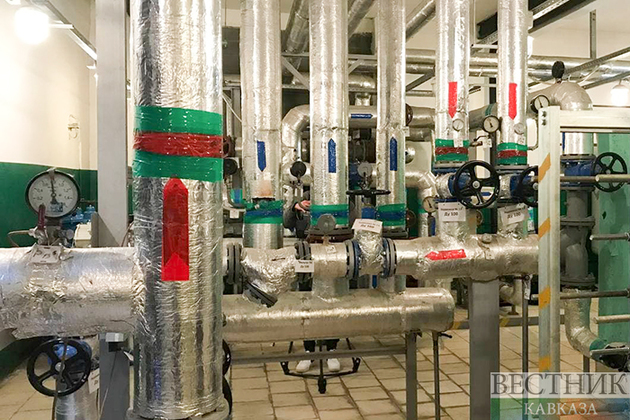The EU will have to spend close to €200bn in the next five years to secure energy independence from Russia, according to draft plans that set out aggressive targets in areas such as clean energy and lowering consumption.
A draft of proposals from the European Commission, seen by the Financial Times, shows Brussels projects that extra investment of €195bn will be needed between now and 2027, on top of plans to boost spending on carbon reduction.
The EU will also have to cut energy consumption more than previously thought to meet ambitious net zero carbon emissions targets by 2050. The proposals will be published next week.
The commission has already said it thought the EU could drive down Russian gas imports by two-thirds this year and has urged member states to replenish their gas storage facilities ahead of next winter. It is also seeking member state approval for a sixth package of sanctions, including a phased-in embargo on Russian oil this year.
The proposals are about “rapidly reducing our dependence on Russian fossil fuels by fast-forwarding the clean transition and joining forces to achieve a more resilient power system and a true Energy Union”, the commission’s draft said. It calls for a reduction of 13% in energy consumption by 2030, compared with a 9% cut in the previous energy efficiency directive proposal.
Brussels is also seeking to speed up deployment of renewable energy, aiming for renewables to cover 45% of all energy demand by 2030, compared with a target until now of 40%. This requires more than doubling current capacity of 511 gigawatts to reach 1,236 GWh.
The document sets out a strategy to accelerate the installation of solar photovoltaic capacity by 2028 to more than twice today’s level. It also calls for greater use of heat pumps, geothermal and solar thermal energy. Wind farm construction, often held up by local objections, needs to be “drastically accelerated”, it adds. The commission also wants to see a boost to hydrogen use, with 20mn tonnes of renewably generated hydrogen by 2030, including half of it being imported.






